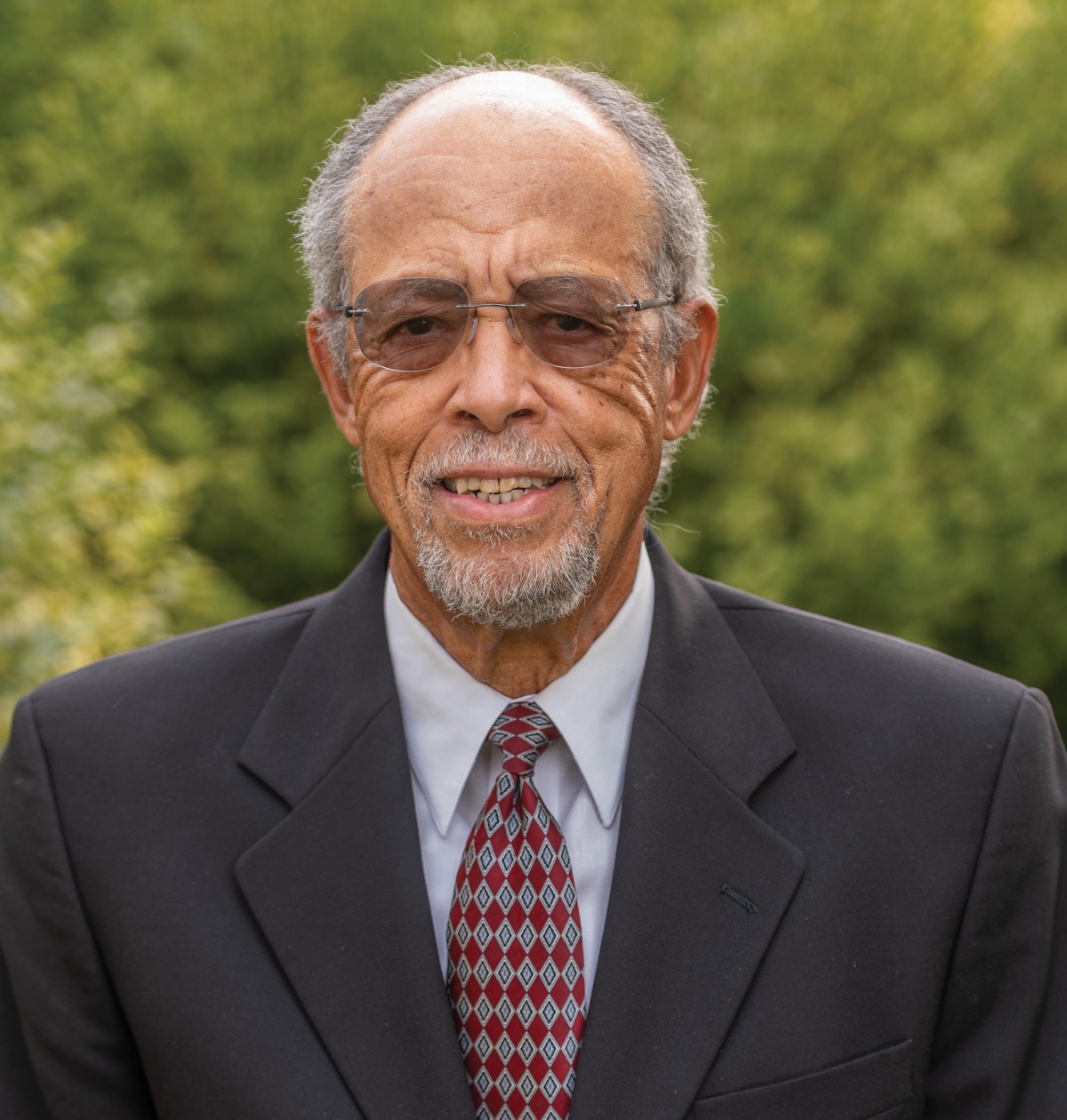

In the fall of 1956, William Jackson, Ph.D. 1962, walked onto the CatholicU campus and into the chemistry department with a hand-lettered list of his grades to see how he could sign up for a night school Ph.D. program. At the time, CatholicU didn’t offer a night school program, so he spoke with the chair. Jackson came out of the meeting not only enrolled as a graduate student, but also offered an RA position. Jackson went on to have a legendary career marked by pivotal scientific contributions to the field of astrochemistry.
“The most fortunate thing that happened to me in my academic career was going to Catholic University during that period,” said Jackson. “The University sent students to government laboratories. I remember people doing experiments that are still being done today because they were at the forefront of the field."
Jackson is a distinguished researcher, mentor, and advocate for minorities in science; one of the founders of the National Organization for the Professional Advancement of Black Chemists and Chemical Engineers; and Distinguished Emeritus professor of chemistry at the University of California, Davis (UC Davis).
“The University has a special place in the history of this country in terms of preparing African Americans who went to grad school and received Ph.D.s,” said Jackson. “I don’t know if the University knows how much they have impacted chemistry and physics in their Ph.D. programs.”
After receiving his Ph.D., Jackson spent time at Martin-Marietta Co. before rejoining the National Bureau of Standards as a National Academy of Sciences-National Research Council postdoctoral associate. A year later he joined the astrochemistry branch with NASA Goddard Space Flight Center. This is where Jackson came up with a calculation for the International Ultraviolet Explorer (IUE) satellite to show that the telescope could be used to obtain a spectrum of comets in a spectral region unobservable from the earth.
“One of the designers of the IUE satellite told me that it wouldn’t work for comets because the satellite was designed to look at stars and comets are diffused objects, so you wouldn’t be able to collect enough light in the telescope to see anything,” said Jackson. “So I sat down and made a calculation that showed in fact you would and predicted how big the signal would be. The observations of the IUE satellite provided us with more information over a 10-year period than we had ever obtained on comets before."
Jackson has also made contributions to the field of laser chemistry by developing laser technology using the Tunable Dye Laser to determine the properties of free radicals that are observed with telescopes in astronomy.
While serving as a professor at Howard University in the 1970s, he also testified before the House and Senate Authorization and Appropriation Committees in the U.S. Congress advocating for a bill to increase funding for Historically Black Colleges and Universities. This bill supplied multimillion-dollar grants to these schools that served underrepresented minority (URM) students. It also led other government agencies that funded university science — such as NASA, the Department of Defense, and the Department of Energy — to provide larger grants for colleges and universities that educated URM students in the STEM fields.
In the 1980s Jackson left Howard to go to UC Davis, becoming the first African American faculty member in the chemistry department. There, he doubled the graduate student population and increased the minority student population in the department.
“I want to see us have more representation in the STEM fields. I have worked hard to try to get minorities in the field, and I have worked equally as hard to try to set an example of being successful in the field. I think I have achieved both of those goals but I can’t do it by myself,” Jackson said.
Jackson was recently awarded the NSB Public Service Award and the prestigious Julius Edgar Lilienfeld Prize from the American Physical Society. He is the first African American recipient in the prize’s 33-year history. He still serves as a distinguished researcher at UC Davis. “I don’t think I’ll stop researching until I physically can’t do it anymore,” Jackson said. “I have a passion for what I do, and I have fun doing it.”
— G.O.